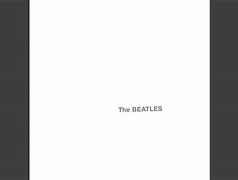
Beatles Bahasa Indonesia
In the 1960s, a group of young urban Indonesian musicians redefined the sound, style, and meaning of Western rock music in consonance with their own dreams, desires, and aspirations. They, along with music critics and fans, insisted that Western popular culture, as well as other popular cultures, enriched rather than detracted from local musical cultures. In these transnational contact zones of culture, where multiple forms of music intersected, what choices did musicians make about what to adopt and what to discard, and what were the reasons, ethics, and effects of those choices? What kind of a world did rock music enable young Indonesians of the 1960s to imagine? In the 1960s, no rock band was more “global” than the Beatles. Although the Beatles never performed in Indonesia, the band was, somewhat remarkably, central to Indonesian cultural politics of the 1960s. President Soekarno even banned bands from playing Beatles music in 1965, arguing that the music of the Beatles would destabilise the hard-fought revolution for independence, encourage decadence among Indonesian youth, and weaken Indonesian national identity. However, a close listening to the music shows that Indonesian musicians re-sounded and re-signified the music of the Beatles in remarkably creative, heterogeneous, and transformative ways. My analysis demonstrates how musical forms, tempos, harmonies, melodies, and rhythms tell a story about the nature and meanings of these cultural intersections. By tracing various musical techniques embedded in covers, arrangements, and new Beatles-inspired compositions, I show how local interpretations of global pop have given Indonesians a way to hear themselves as active creators of new spaces, cultures, and histories from the 1960s to the present.

